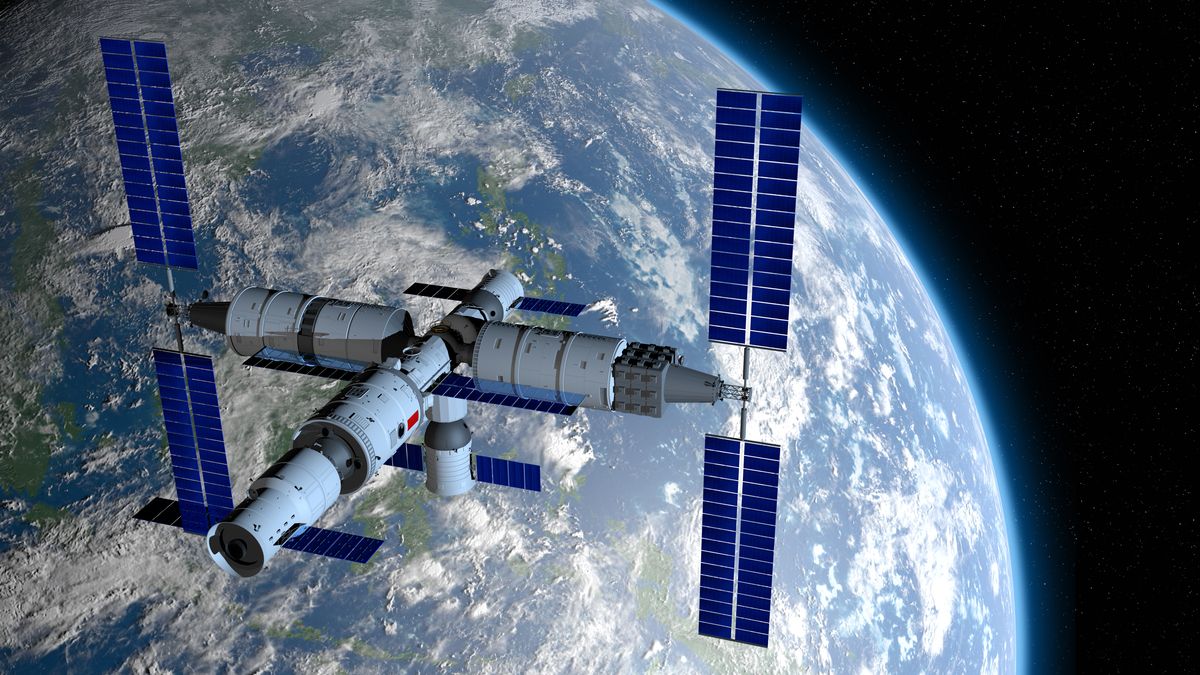Generally when we worry about things falling on us, it tends to be bird poop. You can now add "rocket boosters hurtling to Earth" to that list, though the odds are still low on space debris hitting you.The charred remnants of a Long March 5B rocket booster, launched earlier by China, recently plunged uncontrollably back to Earth and into the south-central region of the Pacific Ocean. No people appear to have been killed, but some fish were probably alarmed."Once again, the People's Republic of China is taking unnecessary risks with the uncontrolled rocket stage reentry of their Long March 5B rocket stage. They did not share specific trajectory information which is needed to predict landing zones and reduce risk," said NASA Administrator Bill Nelson in a statement.The rocket originally carried another piece of China's Tiangong space station to orbit, the country's answer to the International Space Station. In an amusing but maybe not quite amusing way, this is the second time this year uncontrolled remnants of the Long March 5B came crashing down, and the fourth time since its debut in 2020.That's sort of how this all goes. Remnants of a rocket come crashing down, and then Bill Nelson makes another statement.Why do these rockets keep falling down in a potentially dangerous manner on Earth? Because this rocket, unlike some of its modern brethren, can't reignite to make a controlled descent back to earth. Other types are sometimes steered into the ocean and/or purposely disintegrate into small, less dangerous pieces. But this one tends to fall in a totally ungraceful manner like someone tripping off a diving board.
Spain briefly closed its airspace on Friday morning as a precaution. The rocket has yet to harm anyone and the chances of it doing so are pretty small.
But next time there are rocket showers, bring an umbrella. That should cover it.
Source: The New York Times

